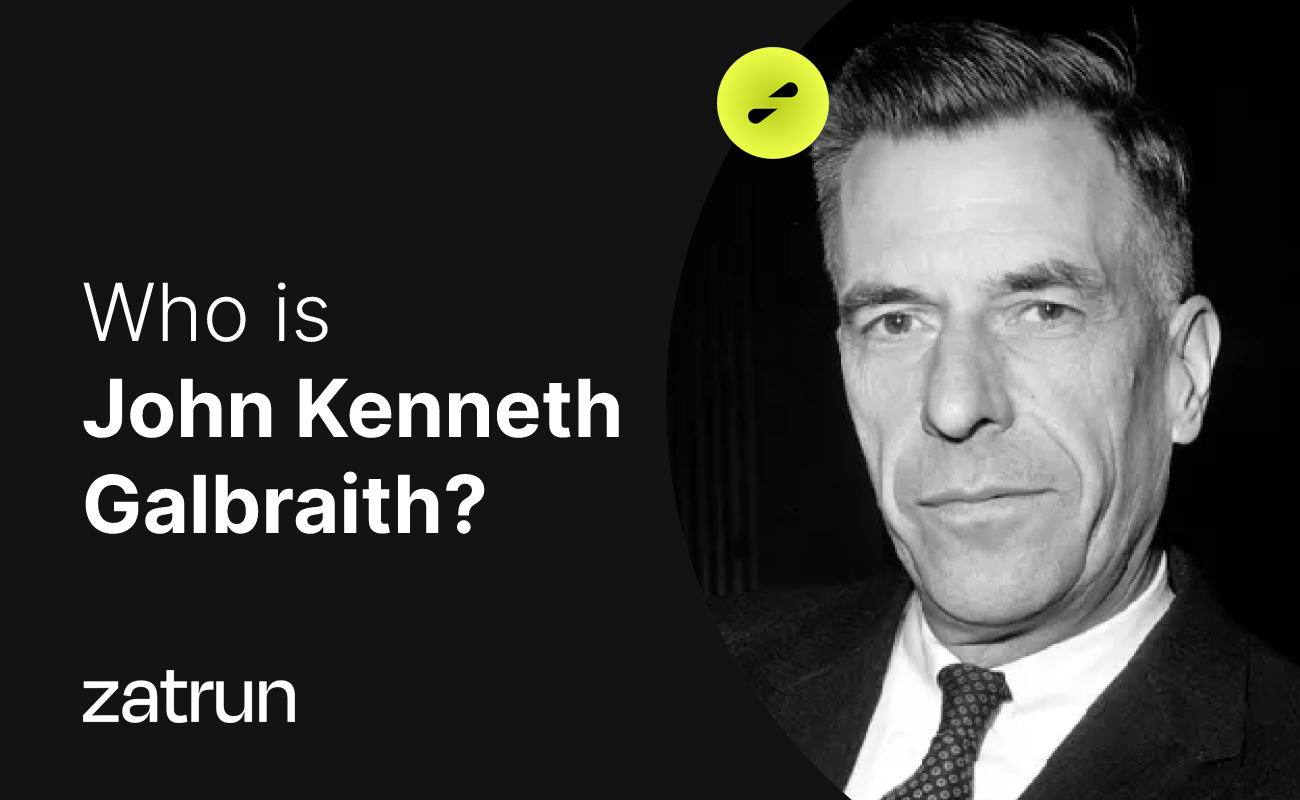Henry George 101: Who is the Famous American Economist? in our article of Zatrun.com, we will cover in detail everything you need to know about Henry George, the famous American economist that our readers are curious about.
Who is Henry George?
Henry George was born on September 2, 1839, and passed away on October 29, 1897. He is known as an American economist, politician, philosopher, and journalist, and his writings were quite popular in 19th-century America, inspiring progressive reform movements. His economic philosophy, known as Georgism, believes that people should own the value they create, and that the economic value of land (including natural resources) should belong equally to all members of society. George advocated for a single tax on land values, which he argued would create a fairer and more productive society.

Henry George was a renowned economist and journalist known worldwide for his most famous work, “Progress and Poverty”. In this book, he explains the paradox of increasing poverty and inequality in industrialized economies and proposes a solution of a land value tax and other anti-monopoly reforms. While working as a journalist, George also advocated for free trade, secret ballots, and public ownership. He ran for Mayor of New York and received 31% of the vote. He died during his second candidacy, but his ideas continued to have an impact. In the mid-20th century, labor economist George Soule stated that Henry George was the “most famous American economics writer”.
Birth and Education:
Henry George was born into a middle-class family in Philadelphia. His father was a publisher of religious texts and a devout Episcopalian, but George was uncomfortable with his father’s religious upbringing and left the Episcopal Academy in Philadelphia.
His father convinced him to hire a teacher and allowed him to attend classes at the Franklin Institute. His formal education ended at the age of 14, and at 15, he went to sea on the Hindoo. In 1858, instead of prospecting for gold in the West, he began working as a typesetter in San Francisco.

Journalism and Political Career:
George was hired as a printer at the San Francisco Times newspaper. His writings, including popular works such as What the Railroads Will Bring Us, were mandatory reading in California schools. George became the managing editor of the Times and later worked as an editor at the San Francisco Daily Evening Post and several other newspapers. He struggled to keep his newspaper afloat and battled poverty, but his increasing reputation and involvement in the newspaper industry lifted him and his family out of poverty.
In 1880, George, now a popular writer and speaker, moved to New York and formed a close collaboration with the Irish nationalist community despite being of English origin. Land access, particularly in places like Ireland and Scotland, was a hot political issue and George found opportunities to speak on this topic. In 1886, he campaigned for the United Labor Party’s nomination for Mayor of New York City.
Although he received more votes than Theodore Roosevelt’s Republican nomination, Abram Hewitt won the election. Due to internal divisions, the United Labor Party weakened shortly after. George had issues with Terrence V. Powderly, the leader of the United Labor coalition. While initially friendly with Powderly, George sharply criticized Powderly and other labor leaders’ tariff policies. In 1897, George ran for Mayor of New York City again but suffered a stroke during the campaign and died.
Throughout his life, George advocated for communities to develop based on a single tax system. This legacy was implemented worldwide in places such as Australia, New Zealand, and Taiwan.
Politics and Economic Philosophy:
Initially a Lincoln Republican, George later became a Democrat. He was a strong critic of the railroad and mining industries, and had concerns about corrupt politicians, land speculators, and labor contractors.
In his 1868 article “What the Railroads Will Bring Us,” George argued that railroad construction would only benefit a small minority who owned shares in the railroads and other related businesses, and would push a large portion of the population into poverty. This created animosity towards the managers of the Central Pacific Railroad.












